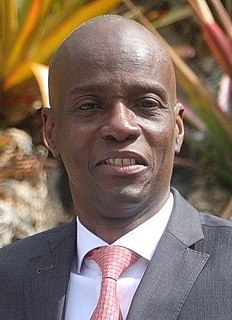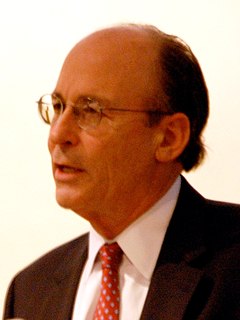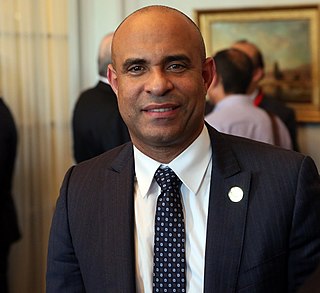A Quote by Paul Farmer
The biggest public health challenge is rebuilding health systems. In other words, if you look at cholera or maternal mortality or tuberculosis in Haiti, they're major problems in Haiti, but the biggest problem is rebuilding systems.
Related Quotes
If any country was a mine-shaft canary for the reintroduction of cholera, it was Haiti - and we knew it. And in retrospect, more should have been done to prepare for cholera... which can spread like wildfire in Haiti... This was a big rebuke to all of us working in public health and health care in Haiti.
I think the Scandinavian health systems are better when it comes to preventative care than the German system, because in the Scandinavian systems, the government is really more active in defining treatment, goals and defining health priorities. The German system is a competitive system with little government intervention. The price for this is that the government cannot set a health agenda. And the Scandinavian systems have little competition, so you often do have waiting lists. But on the other hand, you then have the government which can push for prevention.
Including health care. We're going to end up with better health care at a lower price. People are going to pay less and they're going to have a lower deductible.You know, the biggest - the second biggest problem, other than premiums, with Obamacare is the deductibles. They're so high, nobody's going to get to use them.
The German health care system is unique in its attempt to combine competition among sickness funds on the one hand and a universal coverage plan on the other hand. Most health care systems are either one or the other, so you either have private insurance and competition but not everyone is covered for everything, or you have a single-payer system. So the ideal types are like the American system on the one hand or the Scandinavian or U.K. systems on the other end.
Germany tries to combine the advantages.
































